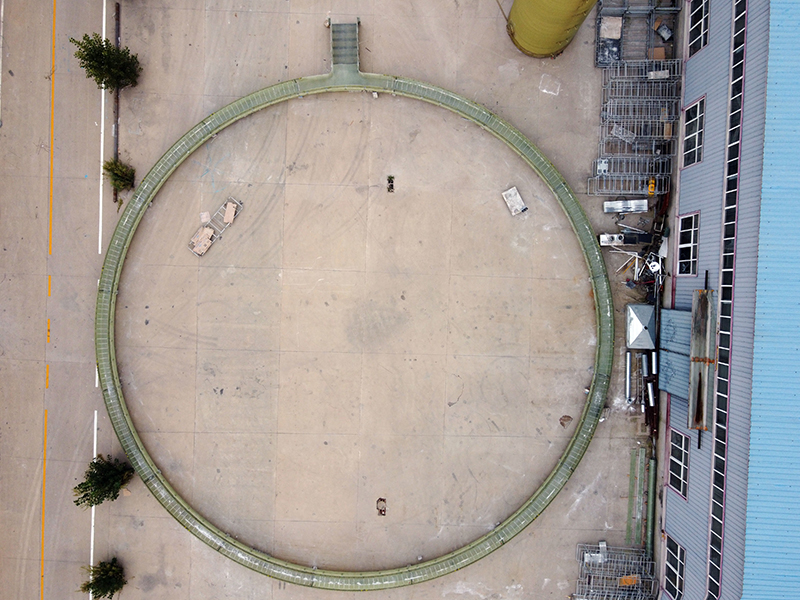
-
 Afrikaans
Afrikaans -
 Albanian
Albanian -
 Amharic
Amharic -
 Arabic
Arabic -
 Armenian
Armenian -
 Azerbaijani
Azerbaijani -
 Basque
Basque -
 Belarusian
Belarusian -
 Bengali
Bengali -
 Bosnian
Bosnian -
 Bulgarian
Bulgarian -
 Catalan
Catalan -
 Cebuano
Cebuano -
 China
China -
 China (Taiwan)
China (Taiwan) -
 Corsican
Corsican -
 Croatian
Croatian -
 Czech
Czech -
 Danish
Danish -
 Dutch
Dutch -
 English
English -
 Esperanto
Esperanto -
 Estonian
Estonian -
 Finnish
Finnish -
 French
French -
 Frisian
Frisian -
 Galician
Galician -
 Georgian
Georgian -
 German
German -
 Greek
Greek -
 Gujarati
Gujarati -
 Haitian Creole
Haitian Creole -
 hausa
hausa -
 hawaiian
hawaiian -
 Hebrew
Hebrew -
 Hindi
Hindi -
 Miao
Miao -
 Hungarian
Hungarian -
 Icelandic
Icelandic -
 igbo
igbo -
 Indonesian
Indonesian -
 irish
irish -
 Italian
Italian -
 Japanese
Japanese -
 Javanese
Javanese -
 Kannada
Kannada -
 kazakh
kazakh -
 Khmer
Khmer -
 Rwandese
Rwandese -
 Korean
Korean -
 Kurdish
Kurdish -
 Kyrgyz
Kyrgyz -
 Lao
Lao -
 Latin
Latin -
 Latvian
Latvian -
 Lithuanian
Lithuanian -
 Luxembourgish
Luxembourgish -
 Macedonian
Macedonian -
 Malgashi
Malgashi -
 Malay
Malay -
 Malayalam
Malayalam -
 Maltese
Maltese -
 Maori
Maori -
 Marathi
Marathi -
 Mongolian
Mongolian -
 Myanmar
Myanmar -
 Nepali
Nepali -
 Norwegian
Norwegian -
 Norwegian
Norwegian -
 Occitan
Occitan -
 Pashto
Pashto -
 Persian
Persian -
 Polish
Polish -
 Portuguese
Portuguese -
 Punjabi
Punjabi -
 Romanian
Romanian -
 Russian
Russian -
 Samoan
Samoan -
 Scottish Gaelic
Scottish Gaelic -
 Serbian
Serbian -
 Sesotho
Sesotho -
 Shona
Shona -
 Sindhi
Sindhi -
 Sinhala
Sinhala -
 Slovak
Slovak -
 Slovenian
Slovenian -
 Somali
Somali -
 Spanish
Spanish -
 Sundanese
Sundanese -
 Swahili
Swahili -
 Swedish
Swedish -
 Tagalog
Tagalog -
 Tajik
Tajik -
 Tamil
Tamil -
 Tatar
Tatar -
 Telugu
Telugu -
 Thai
Thai -
 Turkish
Turkish -
 Turkmen
Turkmen -
 Ukrainian
Ukrainian -
 Urdu
Urdu -
 Uighur
Uighur -
 Uzbek
Uzbek -
 Vietnamese
Vietnamese -
 Welsh
Welsh -
 Bantu
Bantu -
 Yiddish
Yiddish -
 Yoruba
Yoruba -
 Zulu
Zulu
Effective Filtration Solutions with Fiberglass Demisters for Enhanced Air Quality Management
Understanding Fiberglass Demisters Efficiency in Moisture Control
In various industrial applications, the control of moisture and the separation of water droplets from gas streams is essential for maintaining the quality of the process and safeguarding equipment. One effective solution for this challenge is the use of fiberglass demisters. These innovative devices, made from fiberglass materials, are designed to efficiently remove moisture from air and gas streams in various settings, including chemical processing, oil refineries, and power generation.
What is a Fiberglass Demister?
A fiberglass demister, often referred to as a mist eliminator or mist separator, is a type of filter that employs a combination of mechanical and coalescing principles to capture liquid droplets from vapor or gas. It consists of a series of vertically or horizontally arranged fiberglass strips, which create a barrier that intercepts droplets as they pass through. When a gas stream containing moisture moves through the demister, the droplets collide with these fiberglass fibers, causing them to coalesce and grow larger. Eventually, they become heavy enough to fall back into the collection chamber, allowing for the separation of clean gas.
Advantages of Fiberglass Demisters
1. Corrosion Resistance Fiberglass is inherently resistant to corrosion and chemical degradation, making fiberglass demisters ideal for environments where corrosive substances are present. This durability enhances their operational lifespan and reduces maintenance costs.
2. Lightweight and Flexible The lightweight nature of fiberglass allows for easier installation and handling compared to traditional metal demisters. Additionally, fiberglass can be molded into various shapes and configurations, making it adaptable to different equipment designs and spatial limitations.
fiberglass demister

3. High Filtration Efficiency Fiberglass demisters have been shown to achieve high levels of moisture removal efficacy. Their design enables them to capture a wide range of droplet sizes, which is critical in applications where even minor amounts of moisture can detrimentally affect processes or product quality.
4. Cost-Effective Solution While the initial investment in fiberglass demisters may be higher than that of conventional systems, their long-term benefits, including reduced maintenance and replacement needs, lower energy consumption, and improved process efficiency, can make them a more cost-effective solution over time.
Applications of Fiberglass Demisters
Fiberglass demisters are utilized across a wide range of industries. In oil and gas, they are employed in gas processing and separation units to ensure that hydrocarbons are not contaminated with water. In chemical manufacturing, these demisters help in maintaining the quality of reactants by preventing moisture from entering sensitive reactors. Additionally, in power generation, they play a crucial role in reducing the amount of water vapor present in flue gases, thereby reducing potential environmental impacts and improving efficiency in air pollution control systems.
Conclusion
In summary, fiberglass demisters represent a sophisticated solution for controlling moisture in gas streams, offering numerous benefits across various industries. Their corrosion-resistant properties, lightweight design, and high efficiency make them an attractive choice for companies looking to optimize their processes and maintain high product quality. As industries continue to push for greater efficiency and sustainability, the role of advanced filtration systems like fiberglass demisters will undoubtedly grow, making them a key component in pioneering new technologies and methodologies for moisture management.
Latest news
-
High-Quality Fiberglass Car Bodies Durable GRP Car & Boat Body SolutionsNewsJul.08,2025
-
High-Quality Fiberglass Dual Lamination Product Manufacturer Durable FRP & GRP Dual Lamination SolutionsNewsJul.08,2025
-
Rectangular Tank with Dimensions for GRP Calculation Custom Fiberglass GRP Rectangular TanksNewsJul.07,2025
-
High-Quality Fiberglass Weir Custom FRP Weir & Fiberglass Tanks ManufacturerNewsJul.07,2025
-
CPVC FRP Pipe A Reliable Choice for Industrial Applications High Strength & Corrosion ResistanceNewsJul.07,2025
-
Fiberglass Scrubber for Effective Cleaning and Stain Removal – Superior Performance in Various ApplicationsNewsJul.06,2025









